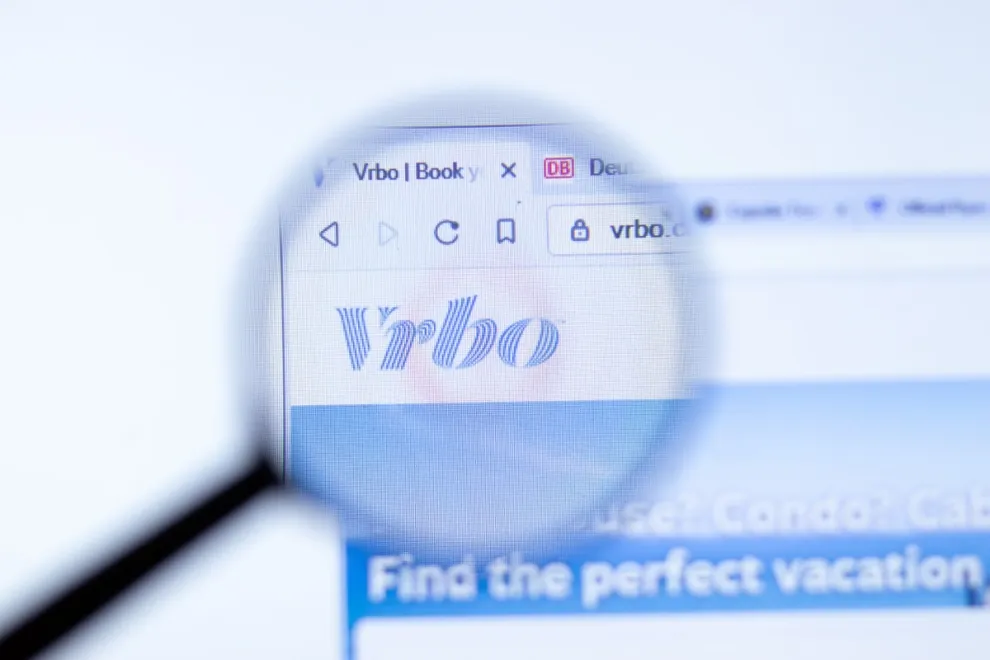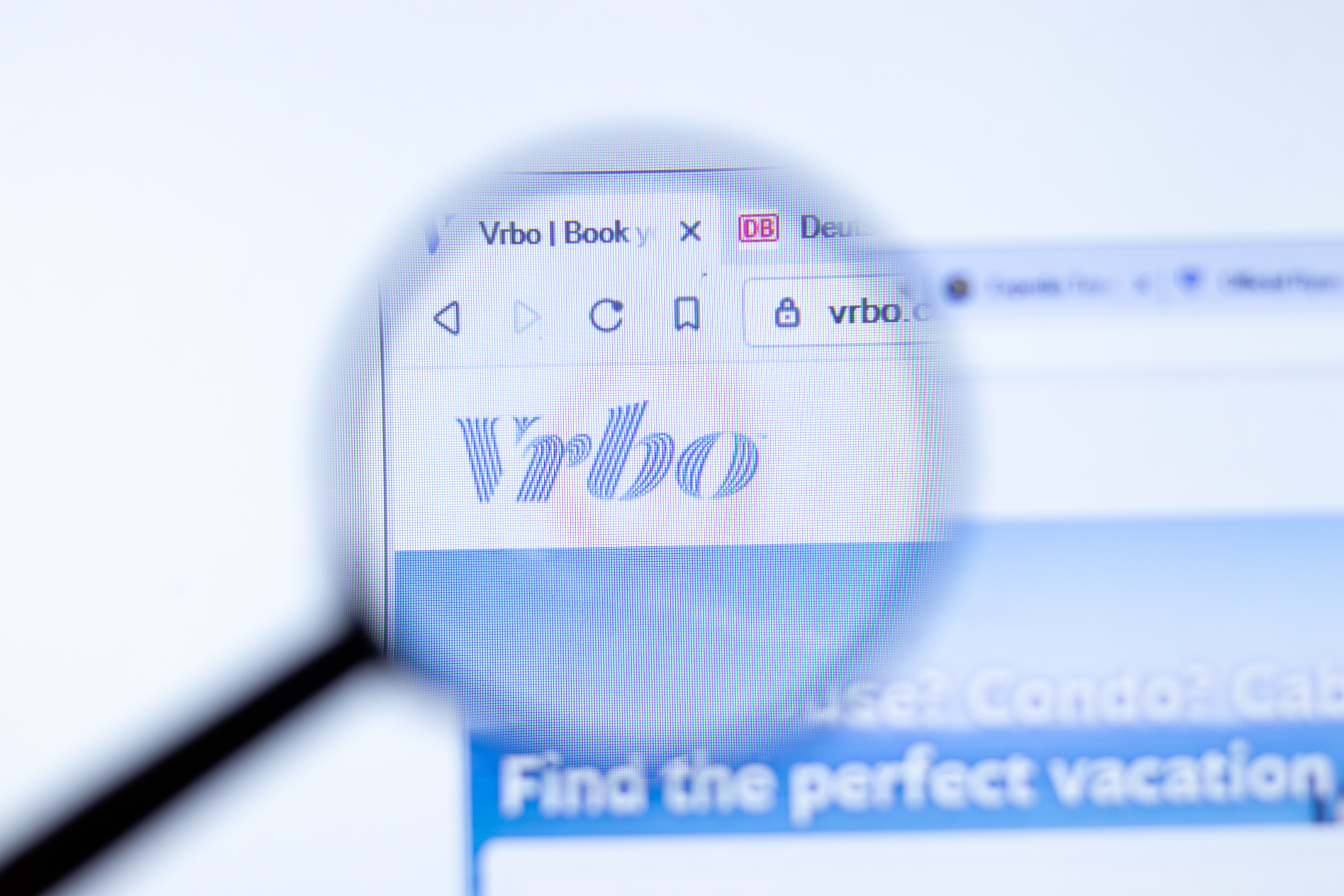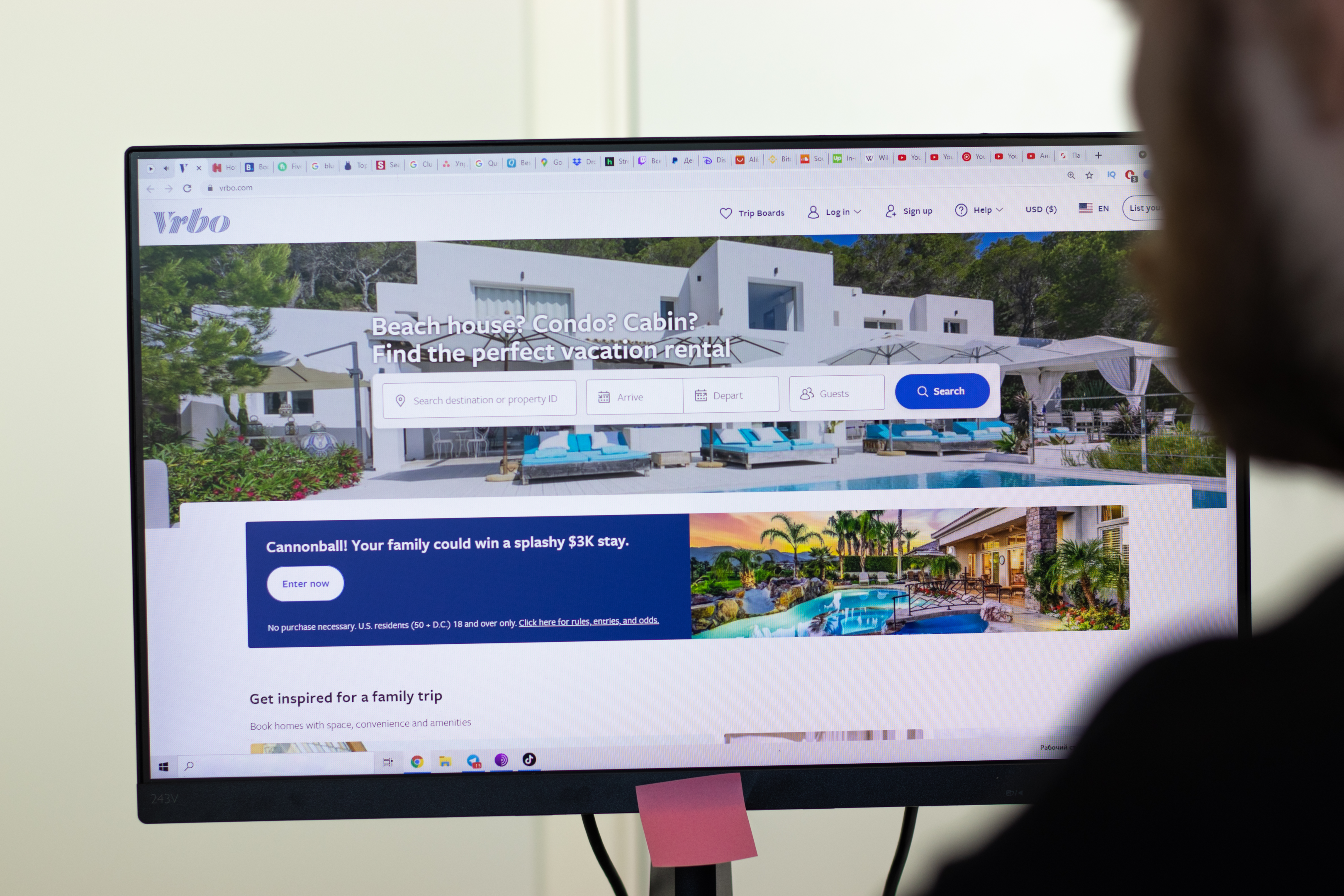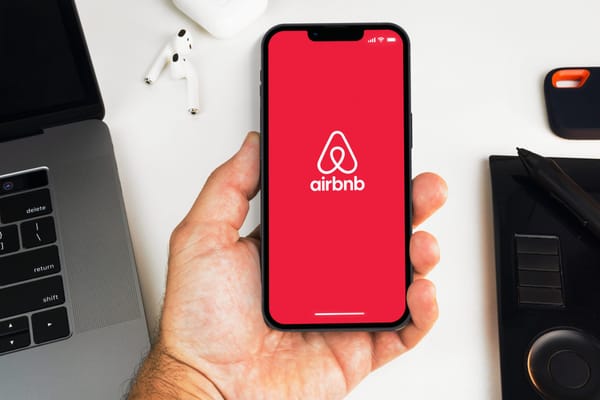VRBO: Meaning and Background


VRBO, an acronym for Vacation Rentals By Owner, is an American vacation rental company that serves as a platform for property owners and managers to rent out their spaces to travelers. The company was founded in 1995 and as of 2021, is part of the Expedia Group.
The VRBO platform operates primarily through its website, which serves as a vacation rental site where individuals seeking vacation properties can browse and book a wide range of rental properties. These properties can vary greatly in type, size, and location, including everything from apartments and condos in urban areas to cottages, beach houses, and villas in popular vacation spots around the world.
At its core, VRBO is a marketplace that brings together property owners or property managers, and individuals seeking vacation rentals. Property owners or managers, referred to as hosts, list their properties on the site, providing descriptions, photos, and other relevant information about the rental property. Potential renters, referred to as guests, can search the site’s extensive property listings to find a property that meets their needs, then book their stay directly through the site.
One key feature of VRBO and similar vacation rental platforms is the ability for both hosts and guests to leave reviews. This feature helps build trust within the platform, as it allows guests to have an idea of what to expect before they book, and it provides hosts with feedback to help improve their services.
VRBO charges service fees for the use of its platform. The service fee is typically a percentage of the total booking cost (before taxes and other fees) and is paid by the guest when a booking is made. This fee covers the cost of providing 24/7 customer support, marketing efforts to ensure maximum occupancy rates for hosts, and maintaining and improving the VRBO platform itself.
As part of the Expedia Group, VRBO is associated with one of the world’s leading travel companies. This affiliation provides VRBO with a global reach and a significant amount of resources to ensure it remains a top player in the increasingly competitive market of vacation rental services.
As a pioneer of the vacation rentals by owner concept, VRBO continues to uphold its mission of providing a platform for owners to monetize their rental properties and for guests to find unique accommodations that go beyond traditional hotels, all while supporting a sense of community among its users.

What is the difference between Airbnb and VRBO?
Airbnb and VRBO (Vacation Rentals By Owner) are both popular online platforms for vacation rentals, but there are several key differences between the two.
Property Type:
Airbnb offers a wider range of property types. In addition to entire homes or apartments, you can book a single room or even a shared space in a property on Airbnb. This makes Airbnb popular among solo travelers or those on a budget. VRBO, on the other hand, focuses primarily on entire homes and properties. This makes VRBO popular for family vacations, group trips, or longer stays where more privacy and amenities are preferred.
Service Fees:
Both platforms charge service fees, but the structure can differ. As of my knowledge cut-off in September 2021, Airbnb charges a service fee to both guests and hosts. The guest service fee ranges from 14-16% of the booking subtotal, while the host service fee is generally 3% but can be higher for hosts who offer certain kinds of booking settings.
On the other hand, VRBO charges a service fee to the guests only, typically between 6% and 12% of the rental amount, but it can be higher or lower depending on the specifics of the reservation.
Experiences:
Airbnb distinguishes itself by offering “Experiences” in addition to accommodations. These are activities designed and led by local hosts that guests can book separately from their accommodation. Experiences might include things like cooking classes, guided tours, or creative workshops. VRBO, as of my last update in September 2021, does not have a similar feature.
Booking Policies:
Booking and cancellation policies can also differ between the two platforms. Airbnb gives hosts the option to set their cancellation policies, and they can choose from flexible, moderate, and strict. VRBO also allows hosts to set their policies, which can range from relaxed to very strict.
User Interface:
Some users find differences in the user interface and user experience between the two platforms, although this is a more subjective area and can depend on personal preference.
Ownership:
Finally, it’s worth noting that VRBO is part of the Expedia Group, a large corporation that owns a number of travel brands, while Airbnb is an independent company.
These differences mean that Airbnb and VRBO can cater to slightly different audiences, or offer different benefits depending on the specific needs and preferences of the traveler or host.
Managing your vacation rental just got simpler with iGMS. Enjoy user-friendly tools that streamline guest messaging, bookings, and team coordination. It’s the perfect tool for hosts of all sizes, balancing efficiency and guest satisfaction. Discover what iGMS can do for your rental business today.







